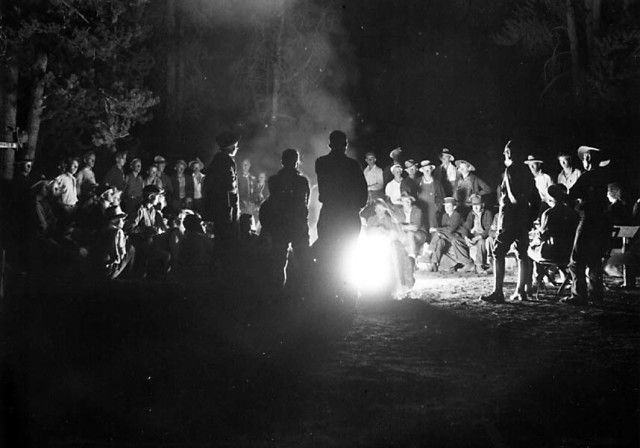
Study: Factors Associated With Consciousness Can Influence Our Autonomic Nervous System | Collective Evolution | What is the autonomic nervous systems (ANS)? It regulates the functions of our internal organs. Its role is to regulate several bodily functions such as digestion, heart rate, urination, sexual arousal, respiratory rate, pupillary response, and more. It operates reflexively and unconsciously, often without our even noticing. For example, we do not decide to make our heart beat faster when we are afraid, or notice when our blood vessels change size. This system just does what it does, assumed to have no external influences, and considered to be a natural body response that’s regulated by the hypothalamus in the brain (which is what regulates the autonomic nervous system. It’s the primary regulator of acute stress response, also known as the ‘fight or flight’ response.
Bear Grylls On How To Overcome Obstacles | GQ | Easy Street never leads anywhere worthwhile, says GQ's smart survivalist. Whatever the hurdles, aim high and always get back up. When I was a kid, I vividly remember my father taking me horse riding on the beach one cold winter's day on the Isle of Wight. We walked for a bit, then trotted, then finally started to canter. I was loving it, but then suddenly, before I knew it, I was flying through the air and landing in a heap in the cold, wet sand - winded and scared. When I finally recovered my breath and had stood back up again, my father stepped back and started clapping with a big smile. "That's what deserves the applause," he said. "It's not about how good or bad a rider you are, it's about how many times you can get back up when you fall down. That's what counts in life... and horse riding."
Read the current edition.